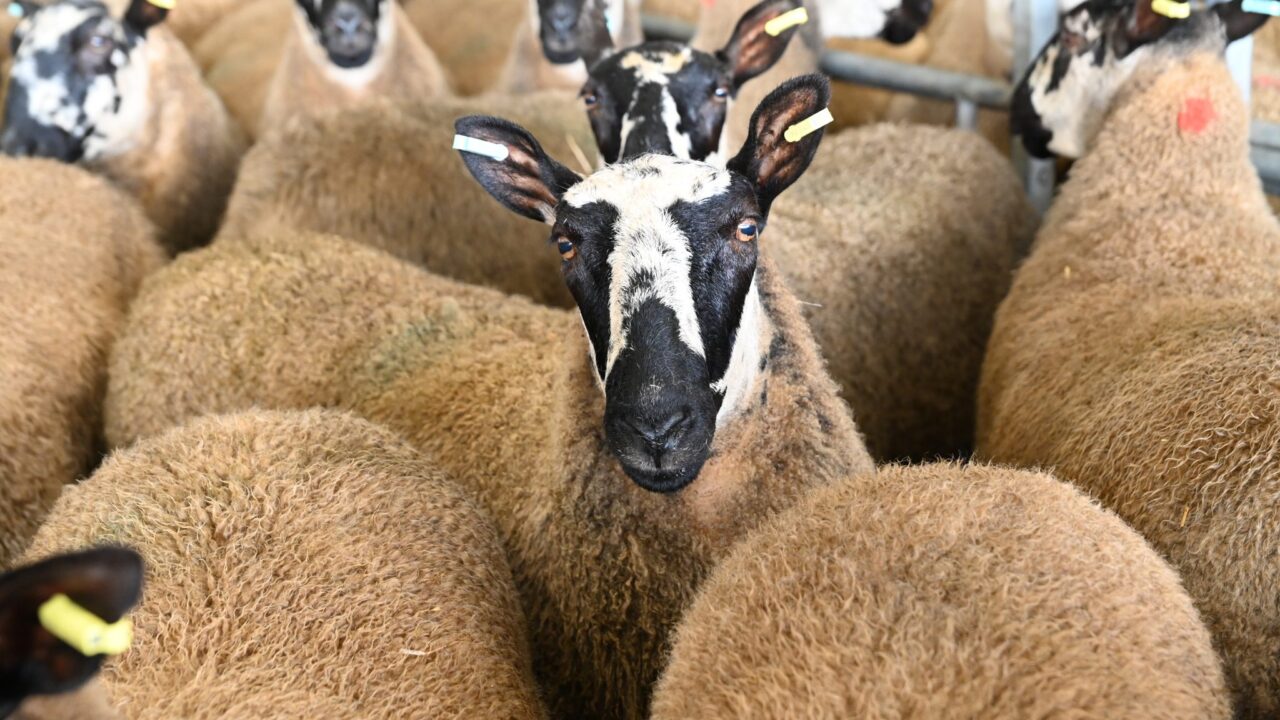A single bluetongue serotype 3 (BTV-3) restricted zone for England and Wales is now in place.
The new restrictions allow the free movement of livestock between England and Wales without the requirement of bluetongue vaccination or other mitigation measures.
The Welsh government introduced the single restricted zone as the midge-borne transmission of bluetongue is “very unlikely” from this time onwards.
Since July 2025, there have been a total of 160 cases of bluetongue across Great Britain, with 147 of them confirmed in England, 13 in Wales and zero in Scotland.
LAA
The Livestock Auctioneers’ Association (LAA) has welcomed the new bluetongue restrictions, stating that it will “ease cross-border trading for farmers and auction markets after months of disruption.”
However, members of the LAA also outlined that the impact of the previous movement restrictions on their businesses had been “colossal” and have called for an “improved contingency plan” to tackle the virus going forward.
Matthew Nicholls, who is the vice chair of Wales LAA, highlighted the challenges faced by many marts on both sides of the border between England and Wales.
He stated that the marts, which he manages, are down around 15,000 sheep as a result of bluetongue, with “thousands fewer breeding ewes and significant losses in throughput.”
Marts
Nicholls also explained that prices in certain Welsh towns were up to £100 a head higher than in England, as “Welsh farmers were forced to buy from a smaller breeding pool.”
Charlotte Baxter, who is a manager of Thame Mart in England, also noted how the Shearwell Thame Summer Sheep Fair was affected by the previous restrictions.
Baxter said: “For the last 20 years, more than 3,000 of the breeding sheep sold have been bought by Welsh farmers, mainly into North Wales; this year, that number was zero.
“The Thame sale gives Welsh farmers the chance to secure early breeding stock, and without that, we could see a shortage of lambs next spring.
“Farmers in Wales also had to pay considerably more for stock as they couldn’t buy from their usual English outlets.
“As a market, we now face a major rebuilding process to encourage those buyers back in the years ahead,” she added.
Finances
Nicholls stated that “while nobody wants bluetongue, the negative economic impact has far outweighed any perceived risk.”
He added: “Hundreds of thousands of pounds have been lost across the industry, and it’s been a devastating autumn for markets, auctioneers and farmers alike.
“Now we need to focus on recovery, rebuilding trade and confidence, and ensuring we never face such hard borders again.”
Chris Dodds, who is the LAA executive secretary, commented: “The easing of restrictions is a welcome relief, but we now need consistent, collaborative policy to protect both animal health and the livelihoods of farming communities.”

